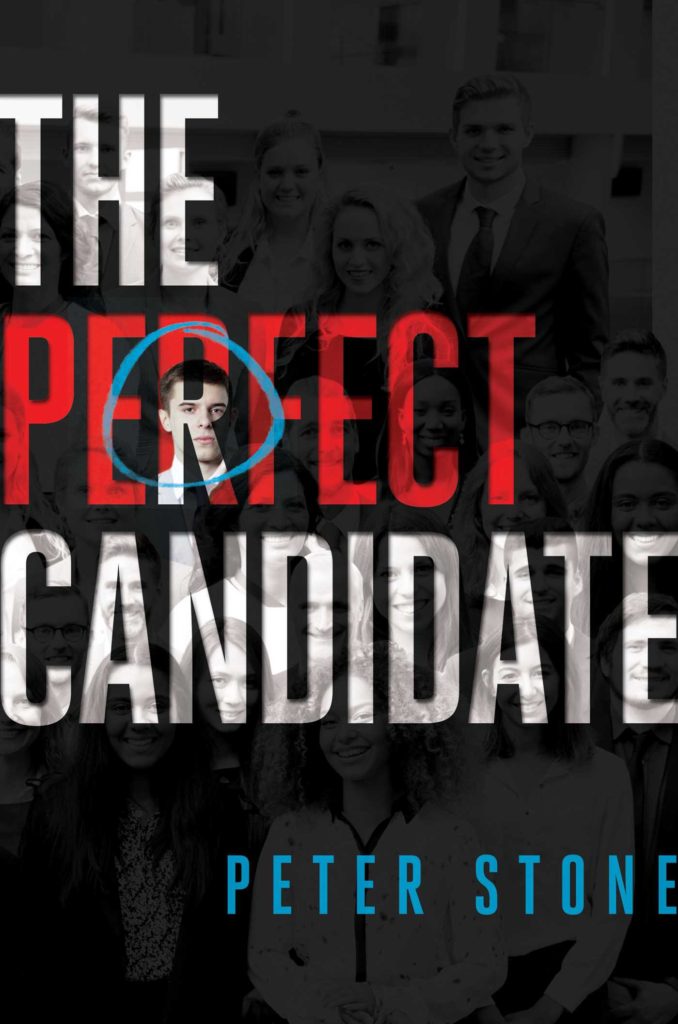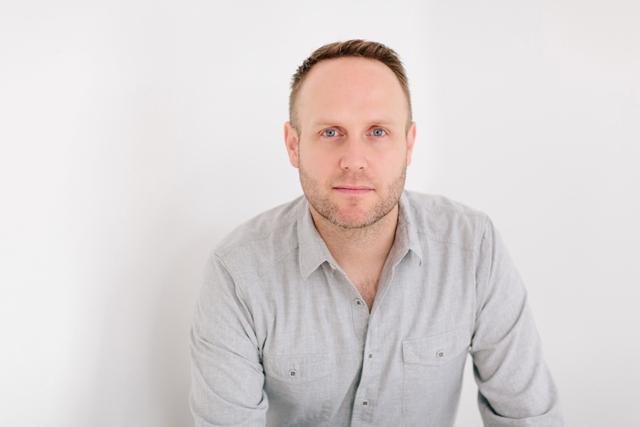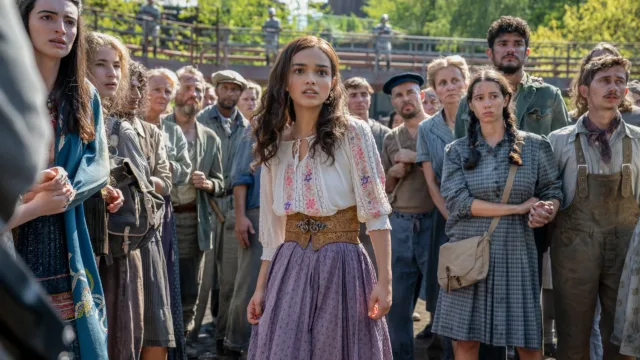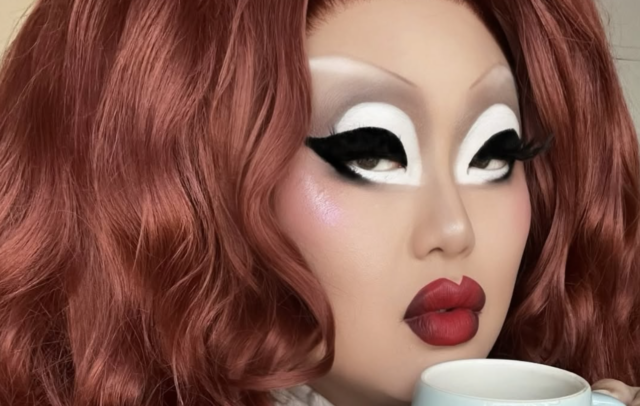Author Crush Friday with Peter Stone
Glitter girls, you have pressing questions for your favorite authors and we have their answers. Welcome to our weekly segment, Author Crush Fridays.
We love asking questions and we love the answers from some of our favorite authors. Today we’re talking to Peter Stone, debut author of the twisty thriller, The Perfect Candidate (October 2, 2018; Simon & Schuster Books for Young Readers). Thank you for talking to us today, Peter! We’re honored! Make sure you read until the end because Peter has some amazing advice on finding the emotional truths in your writing!
GLITTER: For those who haven’t read your work yet, how would you describe your writing style?
PETER: Cinematic. While books are my first love, I am a huge consumer of film and TV – and I think the way I tell a story reflects that. I think of chapters as “scenes,” which probably means more emphasis on setting, action, and speed—compared to what’s going on in characters’ heads. Don’t me wrong: I love a good soliloquy. But as I write, I think about “establishing shots,” scene breaks, and close ups on certain details. I hope my readers can see a movie in their minds as they read The Perfect Candidate—because as I wrote the manuscript, I felt just as much like a director or screenwriter as I did an author.
GLITTER: Tell us one thing that scares you.
PETER: Writing. Most times I sit down to write, there is something else I’d rather do. Something easier, something safer, or something I think would be more fun. And I think at the root of this hesitation is a concern that “Okay, this is going to be the time that I have nothing good to say. I’ve run out of words and ideas.” Starting a chapter feels like jumping off a cliff. But there is something wonderful on the other side of that leap: almost every time, I land and take another step, and then another. The words roll out in front of me like stepping stones, and then it gets fun and I don’t want to stop.
GLITTER: What one question sparked The Perfect Candidate?
PETER: “Are you a writer?” I had just spoken my vows at my wedding and a guest whom I didn’t know (friend of my in-laws) came up to me and asked the question. I joked back that “I write emails for work.” But I later learned that she was serious. She was also New York Times bestselling author Margaret Stohl. And so I took a stab at a first chapter. Writing a novel was awkward at first, like learning how to ride a bike (or maybe better put: how to fly a helicopter). But the spark was there, and I couldn’t not chase it.
GLITTER: Did your past work in Washington, D.C. help you shape the novel into what it is now?
PETER: Completely. The greatest writing advice of all is to “Write what you know,” and I knew what it was like to move from a small town to be an intern in the heady hallways of Washington, D.C. I knew the longing to leave high school and get out into the world—an adult life which turns out to be fun and freeing, but also scary and flawed. I also knew what it’s like to have a hero fall from grace (the Congressman I interned for was later embroiled in the media circus surrounding the murder of Chandra Levy). It was really fun to revisit that momentous and intense period of my life—it turned out to be an amazing creative resource.
GLITTER: How much research did you have to do for your novel?
PETER: The city of Washington, D.C. is a main character in the book, and I did a significant amount of research in order to ensure an authentic depiction. My own memory was a major source, but I “fact-checked” my own experience against current staffers, Google maps, and phone calls to the real-life restaurants and businesses that provide the setting for the story.
GLITTER: How do you find the emotional truths in your writing?
PETER: The emotional truths tend to come from difficult or “stretch” moments in my own life. What it’s like to leave home when it’s something you’ve said you’ve wanted forever, but secretly you’re freaking out. The way that thinking about kissing someone for the first time can be as suspenseful as watching a horror movie. Loneliness. Betrayal. The uncertain promise of new friends versus the reliability of old friends. I think these dynamics resonate with readers because they are universal. Writing for people who have different life experiences than my own is more challenging (i.e., women, people of color, LGBT community). This is where I benefit from treasured friendships with people who help me see the world from their points of view. My stories will be pretty boring if they always draw upon my own experience, so I weave in the heartbreak and triumph and reality of others as I write. At its core, I believe writing is empathy.
GLITTER: What one message would you like readers to walk away with when they’re done reading The Perfect Candidate?
PETER: That they are capable of far more than they may think. The protagonist Cameron Carter is from a small town and doubts his abilities for much of the story, but in the end his street smarts prove essential as he is drawn into an unthinkable conspiracy. Everyone has insane challenges in their lives, and I hope this story gives them a little confidence to tackle them just as Cameron does. Today’s political environment is extraordinarily dramatic and unprecedented. But I think there is one undisputed gain: teenagers are more thoughtful than ever about government and how it impacts them. They write, rage, march, connect, and make their voices heard. Cameron is one of them, and I hope readers find inspiration in his own hard-earned courage.
GLITTER: What was the first book that you ever wrote, even if it wasn’t published?
PETER: The Perfect Candidate is the first book I’ve written. It’s the first thing that is longer than an email that I’ve written since term papers in college. I’ve scribbled down more outlines and ideas than I can count. I’ve gotten a few chapters into various stories only to lose interest, courage, or time. I’ve dreamed and stated my intentions verbally, but when it comes to actually writing a full story, my debut novel is the first one. It makes me feel very fortunate. It also makes me mad that I didn’t do it sooner.
GLITTER: Did any of the authors you read in high school affect how you write now?
PETER: A ton. I’m still haunted by the way that William Somerset Maugham (Of Human Bondage) and John Steinbeck (East of Eden) introduce their characters. Chapter 8 of Steinbeck’s masterpiece introduced me to most terrifying fictional character I’ve ever read: Cathy Ames. The first sentence reads, “I believe there are monsters born in the world to human parents;” and it only gets nastier from there. These few pages of the massive tome are a chilling, nauseating book-within-a-book. I also love the grounded quirkiness of Roald Dahl (The Witches!!!); Ellen Raskin and her empowerment of a youthful female detective who outsmarts everyone else in The Westing Game; the one-way ticket to terror in Agatha Christie’s slow burn stories; and the David and Goliath suspense of John Grisham’s legal thrillers. The directors and writers of many plays and movies also helped me find my voice, including JB Priestley (An Inspector Calls), Amy Heckerling (Clueless), David Fincher (Seven), Christopher Guest (Waiting for Guffman), and Alfred Hitchcock (Psycho and Rear Window).
GLITTER: Who inspires you?
PETER: Other storytellers of all kinds. Right now, I’m especially inspired by country music lyricists (the three-act structure creates what might as well be little novels); YA thriller writers (shout out to Courtney Summers, Kara Thomas, and Karen M. McManus!); and the documentary-horror movie mash-ups in podcasts like Dr Death. I also derive great inspiration beyond traditional forms of entertainment: I usually find that when I go to an art museum, it’s renewing like Gatorade when you didn’t even know you were dehydrated. Similarly refreshing are good design/architecture, sly marketing campaigns, and political speeches that appeal to the best in people (including Lincoln, MLK, Reagan, Obama). My own young children’s imaginations also remind me to push beyond boundaries and remember the importance of a simple hook.
GLITTER: What one piece of advice could you give any teen going through difficult times now?
PETER: It gets better. You’ll be better because of it. And before you know it, you’ll be helping someone else, and you can only be that helper if you’ve been through it yourself. Adolescence is hard because there is so much you cannot control: homework; curfew; free time; what you eat/drink/watch; the (sometimes hazardous) company of other adults and kids that is often imposed upon you; and the fact that you need to walk past the same junior high terrorist bully between second and third period because there’s only one way to get from science to orchestra, and he’s always going to be there, waiting and taunting (he’ll later become a villain in one of your books, by the way). And so I think you have no choice but to focus on what you do control: friendships, school electives, the love and empathy you show to others, the service you give, and the words you write. Make them matter. Make them yours.
GLITTER: What are you currently working on?
PETER: I am currently revising a draft of my second novel—a standalone YA thriller. The setting and mystery of this new story are worlds away from the marble hallways and dark alleyways of Washington, DC. But writing it still makes me want to keep as many lights on as possible, while I translate a few nightmares into words on the page.
P.S. After you read The Perfect Candidate, it will become clear that there is much more of Cameron’s story to tell. So I also continue to daydream about DC (I like my version of the city more than the real one these days!).
Photo credit: Heather Kincaid
Peter Stone is a lifelong fan of thrillers on the big screen, small screen, and page. The Perfect Candidate, which will be published by Simon & Schuster Books for Young Readers on October 2, 2018, is his debut novel. He has worked for ten years as a marketing executive for TV and film and is currently based in Tokyo, Japan, where he lives with his wife and two children.
Website| Twitter | Instagram | Facebook
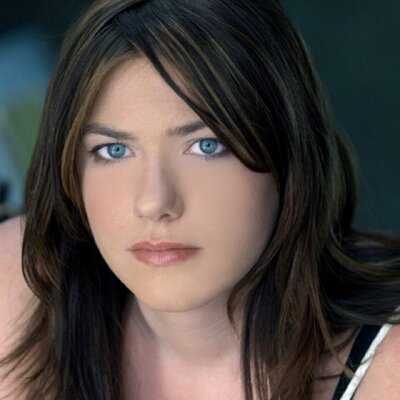
Editorial Director | Writer | Tweet me @heatherriccio


